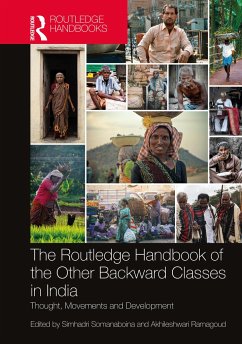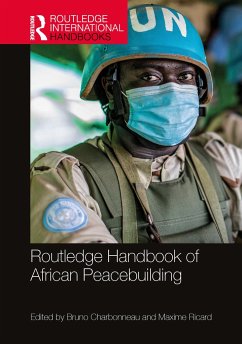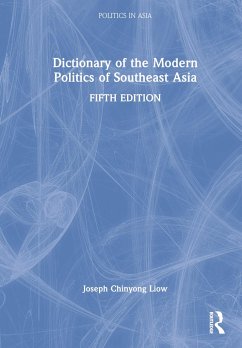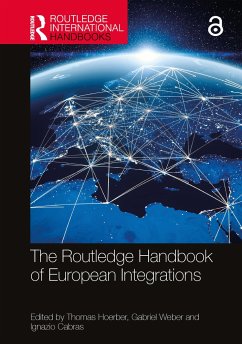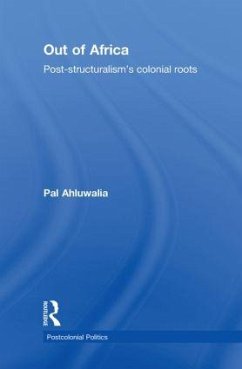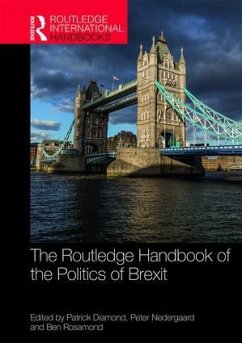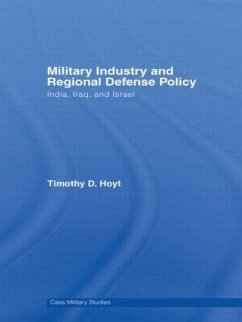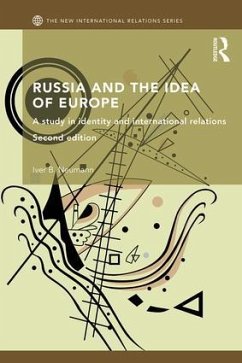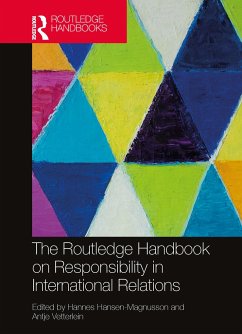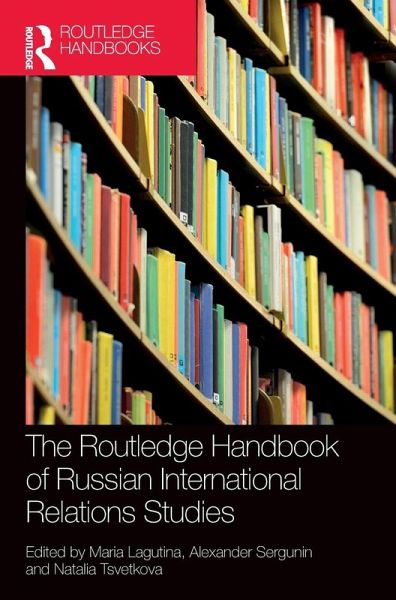
The Routledge Handbook of Russian International Relations Studies
Versandkostenfrei!
Versandfertig in 1-2 Wochen
233,99 €
inkl. MwSt.

PAYBACK Punkte
117 °P sammeln!
This handbook examines the study of international relations (IR) in Russia, giving a comprehensive analysis of historical, theoretic-conceptual, geographical, and institutional aspects. It identifies the place and role of Russia in global IR and discusses the factors that facilitate or impede the development of Russian IR studies. The contributors represent diverse Russian regions and IR schools and offer an overview of different intellectual traditions and key IR paradigms in the post-Soviet era. Filling the vacuum in international understanding of the Russian perspective on pivotal internati...
This handbook examines the study of international relations (IR) in Russia, giving a comprehensive analysis of historical, theoretic-conceptual, geographical, and institutional aspects. It identifies the place and role of Russia in global IR and discusses the factors that facilitate or impede the development of Russian IR studies. The contributors represent diverse Russian regions and IR schools and offer an overview of different intellectual traditions and key IR paradigms in the post-Soviet era. Filling the vacuum in international understanding of the Russian perspective on pivotal international issues, they demonstrate the continuity and change in Russia's international policy course over the past three decades and explain how different foreign policy schools and concepts have affected Russian foreign policy making and the decision-making process. Providing a unique contribution to the discussion on non-Western IR theory, this handbook will appeal to scholars and students of international relations, Russian studies, world politics, and international studies.





